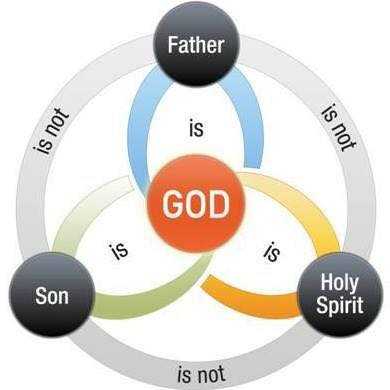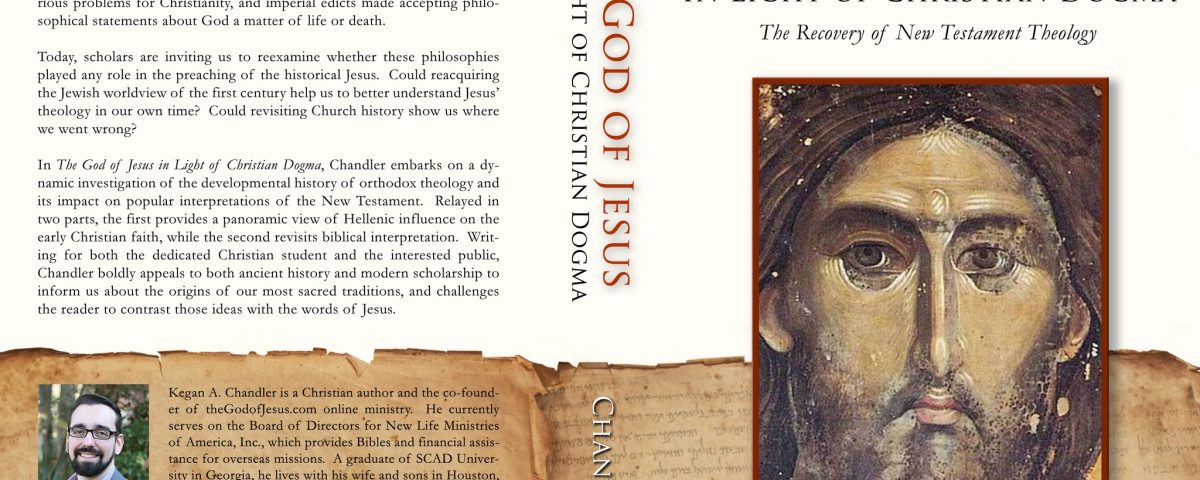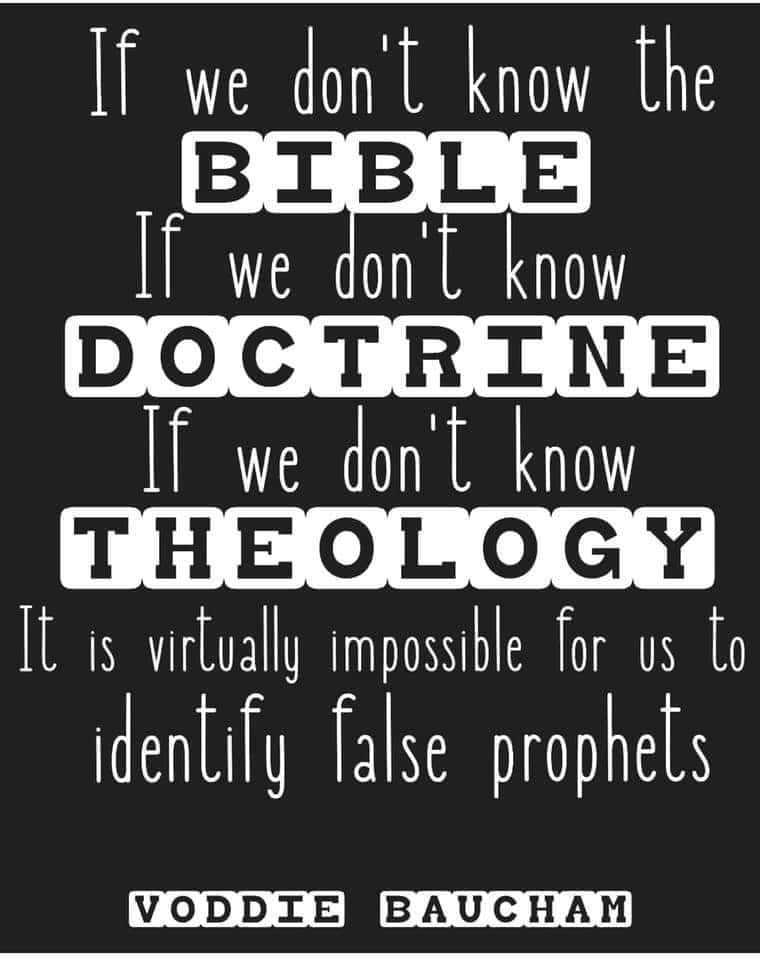
Salvation by the Trinity
The Bible teaches that the Father elects a particular people, the Son redeems them and the Holy Spirit convicts, regenerates, and unites them to Jesus Christ. The breakdown is this: the Father ordains, the Son accomplishes, and the Spirit applies:
The Father;
Ephesians 1:3–6 tells how the Father chose us before the foundation of the world and predetermined our adoption as this children through Jesus Christ. The Father is the administrator of salvation, and he oversees the process from beginning to end. Before the foundation of the world, God chose individuals—undeserving and unworthy though they are—to be the objects of His saving grace (2 Tim. 1:9). The apostle Paul writes, “He chose us in him before the foundation of the world” (Eph. 1:4a). That is to say; He chose His elect by Himself and for Himself —a sovereign choice not based on any foreseen good works or faith on their part. This divine election originated within Himself, by His own gracious choice (Rom. 9:16). For reasons known only to God, He selected whom He would save.
God the Father: "Chose us" from eternity past for salvation (Eph. 1:4). Believers are "predestined" according to "the purpose" of God "who works all things according to the counsel of His will" (Eph. 1:11). Salvation is therefore according to His sovereign ordination and plan.
The Son;
The work of the Son means redemption, adoption to the Father, reconciliation, sanctification, and glorification (Ephesians 1:7-12). It operates horizontally as well as vertically, and it is for Jew and Gentile alike. It is through the Son that we achieve salvation and come into full relationship with the triune God.
Christ purposed to die for His true church—those given to Him by the Father in eternity past. He declared, “I lay down my life for the sheep” (John 10:15). Bound by devotion to His chosen bride, Christ “loved the church and gave himself up for her” (Eph. 5:25b). God the Son: Was sent by the Father's love to accomplish our salvation (Jn. 3:16). Jesus said that He came to save all those "whom the Father has given me" (Jn. 6:39). What did Jesus accomplish for the elect: He lived a perfectly righteous life, died a sin-atoning death, conquered death in His resurrection, and took up His royal authority for us in heaven.
Holy Spirit;
The Spirit changes us from the inside out, preforming the gracious act of regeneration. With this comes the gift of faith and the spiritual ability to believe in the Resurrection. Through the Holy Spirit, our salvation becomes a present reality, applicable to our lives in our specific context. It is the work of the Holy Spirit
in our lives that serves as a seal, establishing us as children of God (Ephesians 1:13–14).
The Spirit issues a particular inward call to these chosen ones, those elected by the Father and redeemed by the Son. The Spirit powerfully regenerates their spiritually dead souls, raising them from the grave of sin to saving faith in Christ (Eph. 2:5–6).
The Spirit opens the spiritually blind eyes of the elect to see the truth (2 Cor. 4:6). He opens their deaf ears to hear His voice (John 10:27). He opens their closed hearts to receive the gospel (Acts 16:14). He activates their dead wills to believe the saving message (John 1:13). The Spirit overcomes all resistance and triumphs in the hearts of the elect.
God the Spirit: Was sent by the Father and the Son to apply to us all that the Father ordained and the Son accomplished. We must first be born again of the Holy Spirit (Jn. 3:6-7) and receive the gift of faith by His power (Eph. 2:8). We then are conformed by the Spirit into the likeness of Christ (2 Cor. 3:18), and are empowered by the Spirit to do Christ's work (Gal. 5:22-23; Eph. 3:16-21).
Just as unconditional election describes the grace of the Father and limited atonement describes the grace of the Son, irresistible grace presents the grace of the Holy Spirit.
Those whom the Father chooses are precisely those whom the Son redeems and those whom the Spirit regenerates.
The Trinity in Scripture.
According to the foreknowledge of God the Father, through the sanctifying work of the Spirit, to be obedient and to be sprinkled with the blood of Jesus Christ. May grace and peace be multiplied to you.
--1 Peter 1:2 CSB




